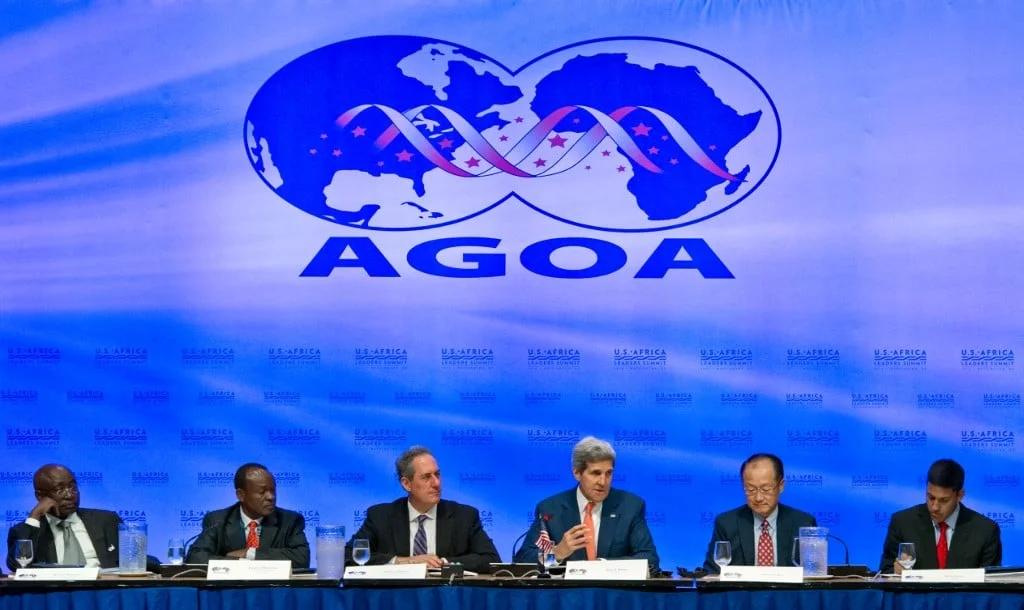SpaceX has taken action against cybercrime operations in Myanmar by disabling more than 2,500 Starlink devices allegedly being used by scam syndicates along the country’s border with Thailand. The Elon Musk–led company said it worked proactively to identify and shut down the illegal use of its satellite internet service.
Despite international pressure and repeated government crackdowns, cyber scam centers have continued to thrive in Myanmar’s lawless border regions, exploiting Starlink’s high-speed connectivity to run large-scale online fraud schemes targeting victims worldwide.
Starlink’s Action Against Cybercrime
In a statement posted on X (formerly Twitter), Lauren Dreyer, SpaceX’s Vice President of Business Operations for Starlink, confirmed the move:
“On the rare occasion we identify a violation, we take appropriate action, including working with law enforcement agencies around the world. In Myanmar, for example, SpaceX proactively identified and disabled over 2,500 Starlink Kits in the vicinity of suspected ‘scam centers’.”
Although Dreyer did not specify the exact timeline for the shutdown, the announcement follows reports that Myanmar’s military junta seized 30 Starlink receivers and accessories during a raid on one of the compounds this week.
The Scale of Myanmar’s Cyber Scam Industry
According to a recent report by the Australian Strategic Policy Institute (ASPI), there are about 30 large compounds along the Myanmar-Thai border that serve as scam centers. These facilities have been implicated in billions of dollars in online fraud, targeting victims in the U.S., Europe, and across Asia.
The scam networks often lure or traffic workers under the false promise of legitimate employment. Once inside the heavily guarded compounds, victims are forced to carry out online scams, such as fake investment or romance schemes, under threats of violence, beatings, or torture.
These operations have made Myanmar a hub for the global “pig butchering” scam industry, named after the practice of grooming victims (“fattening the pig”) before stealing their money (“the slaughter”).
Starlink’s Role and Global Concerns
Starlink’s low-orbit satellite technology enables high-speed internet in remote and conflict-affected regions, making it a lifeline for legitimate users but also a tool for criminal networks in areas lacking traditional connectivity.
An Agence France-Presse (AFP) investigation earlier this month revealed that Starlink receivers were being installed on a massive scale across Myanmar’s scam compounds, prompting calls for accountability.
The U.S. Congress Joint Economic Committee has reportedly opened an investigation into Starlink’s involvement in the Myanmar scam operations, examining how the technology may have been exploited by criminal groups.
A Growing Global Scam Crisis
The United Nations Office on Drugs and Crime (UNODC) has warned that the global scam industry is growing at unprecedented rates, with organized criminal networks leveraging artificial intelligence and cryptocurrency to move stolen funds undetected.
Southeast Asia, particularly Myanmar, Cambodia, and Laos, has become a hotspot for these cybercriminal enterprises, where corruption and weak law enforcement allow the networks to thrive.
Starlink’s Broader Reach
Starlink, which now has over 6 million users worldwide, operates a network of thousands of low-Earth orbit satellites that provide broadband connectivity to remote regions. While this has been a breakthrough for underserved communities, it also poses new regulatory and ethical challenges in regions where governance is limited.
The Bigger Picture
SpaceX’s move to disable thousands of Starlink devices underscores the growing tension between technological access and accountability. As global connectivity expands, the challenge for tech companies like SpaceX will be balancing innovation with oversight, ensuring that powerful tools like Starlink aren’t exploited by criminal organizations.











